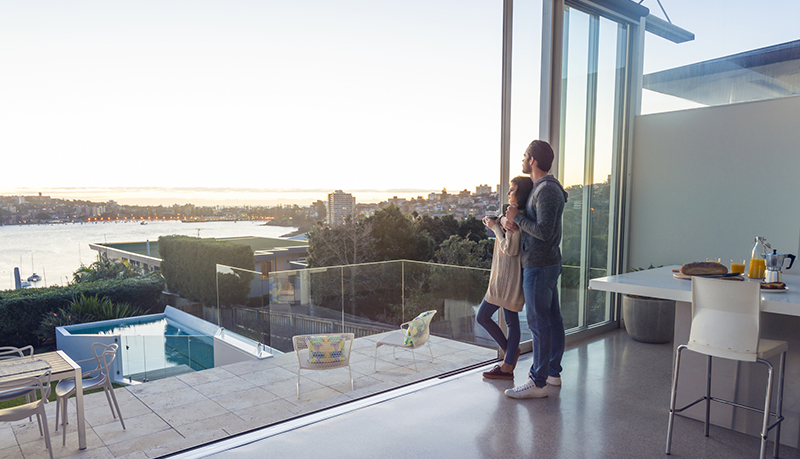Is It Worth It? Assessing the Risks of the Sharing Economy
Read in 5 minutes

It is easy to see the allure of the sharing economy—why not make extra cash from an unoccupied beach house or teach your teen responsibility by letting them make deliveries in the family car? But for every uneventful vacation rental or smooth pizza handoff there is a seemingly safe situation gone terribly wrong—a fatal rope swing accident or a bankrupting crash—and a long line of personal injury lawyers waiting to help the harmed.
Everyone in the household should be educated about the risks involved in today’s gig economy, starting with this important fact: Personal insurance plans don’t generally underwrite for commercial activities. So there is a good chance you aren’t currently protected against such peril. Worse, there is a real danger of losing your coverage altogether should one occur.
Short-term home rentals
It is one thing to rent an apartment or home long term—you can do extensive credit or background checks on potential tenants—and we have successfully obtained personal coverage for such instances. But when you offer shorter stays on such platforms, such as Airbnb or VRBO, you are opening yourself up to a more hotel-type exposure.
The risks:
Property damage: On a practical level, when you are hosting a different person or group every few days, it is too hard to adequately vet each one. Yes, Airbnb and other home-sharing companies do some cursory background checks, but for the most part you have little control about who is moving in and how they might behave once they do. In general, short-timers don’t have as much incentive to take care of the space as someone who rents year after year. And the constant turnover means when something is damaged, you might not know about it until much later, which could lead to further problems with no security deposit to recoup the cost.
Liability issues: You could be responsible if someone is injured on your property and can prove negligence on your part. And negligence is in the eyes of the beholder. Say, for example, you don’t maintain the far reaches of your lawn, and a renter holds a party at which one of the guests trips over a fallen tree limb in that unkempt area. You could be on the hook, regardless of whether or not you consented to the gathering. Even a signed waiver doesn’t prevent the renter from going to court; not every scenario is covered in each document, and lawyers know how to make the most of non-specified scenarios. Airbnb does offer some protection for hosts, but it doesn’t fully cover those with sizable assets.
The bottom line:
Get in touch with your broker to discuss coverage options and umbrella liability amounts if you are renting out your place on Airbnb or the like.
Using a car for livery
We recently received a call from a client whose child was using the family SUV to work for DoorDash until an accident put the family’s coverage at risk. It is okay if you are driving your personal vehicle to see clients or get to a meeting. However, when your child is using it for deliveries, even part-time, unfortunately, you are in a different territory.
The risks:
Increased liability: Although, like Airbnb, several livery companies now offer liability coverage, be sure to read the fine print so you know when the terms apply. Either way, should anyone get hurt, they could easily go after your personal assets.
Loss of coverage: If your child is going to use a family car for gig economy transport, the smartest approach is to title the car in their name, and then get them their own policy—one meant for commercial use. That will at least create some separation between you and a potential lawsuit.
Personal harm: Simply put, there is a significant measure of risks to consider whenever you don’t know who you are picking up or delivering to.
The bottom line:
There are a lot of dangers connected to this career path so consult a broker before you begin.
Operating a business out of your home
Your homeowners policy is meant to cover your personally owned property and provide liability protection for you, as an individual. But when you operate a business out of your home, you are opening yourself up to a different kind of exposure — one that your homeowners policy cannot provide coverage for when claims arise from that type of operation.
The risks:
Homeowners exclusions: Simply put, homeowners insurance doesn’t cover issues relating to commercial enterprise. Therefore, if you start or operate a business inside your home, you will likely need commercial insurance coverage to protect you from those exposures.
The bottom line:
Talk with your broker to determine your level of exposure, and how to minimize your risks with commercial coverage.
In the end, you may decide the benefits of the sharing economy are worth the risks. But as your risk management advisors, it is our job to raise awareness around the issues that may affect your insurance choices. So before you proceed accordingly, give your broker a quick call to make sure you are as covered as you can be.




